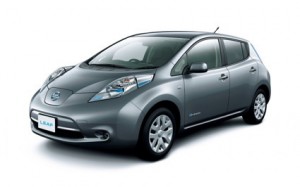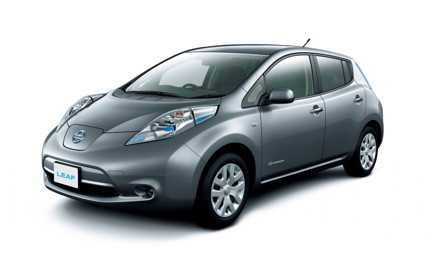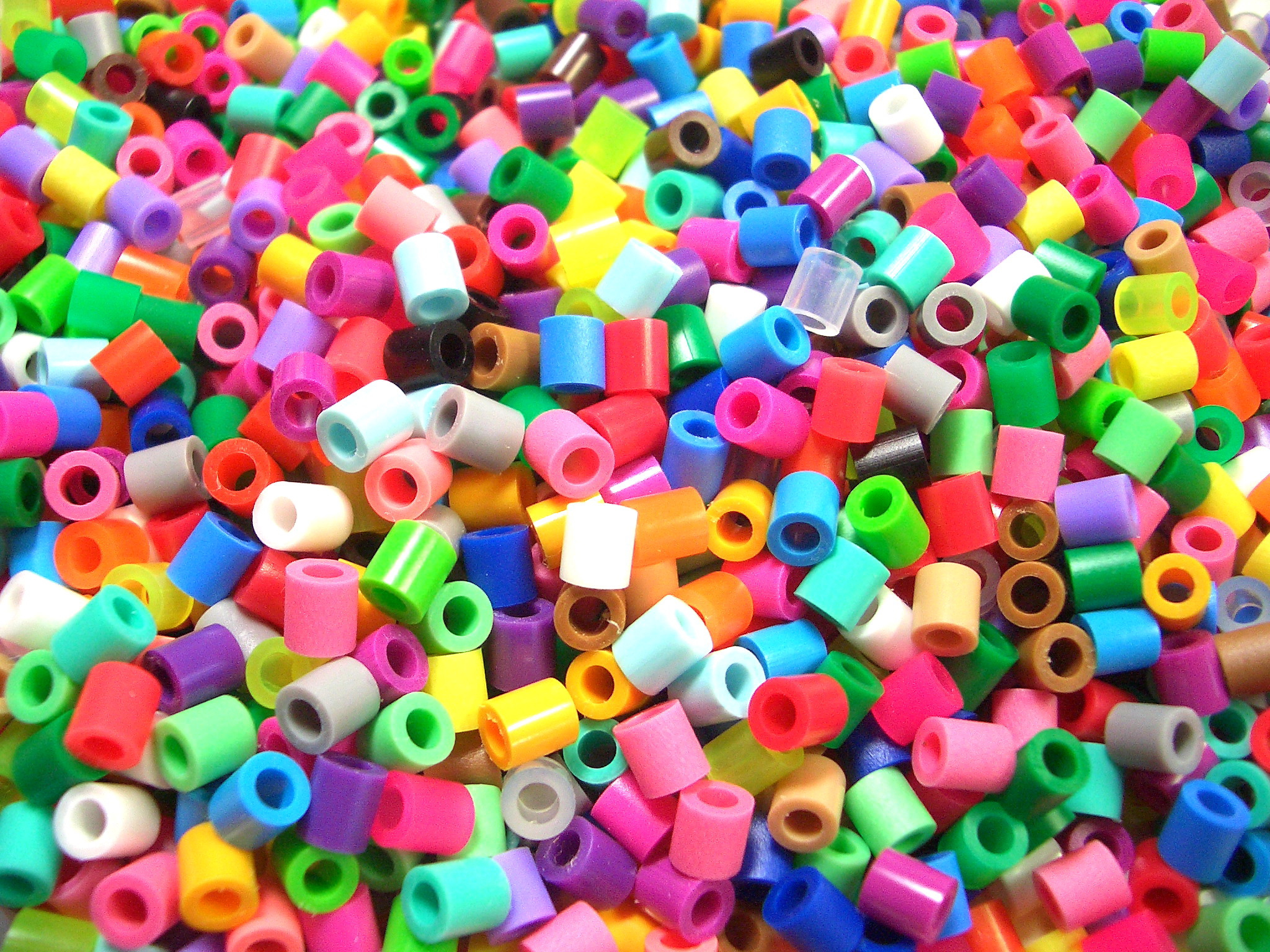
For electric vehicles (EVs), one of the dominant needs today is to reduce vehicle weight, which enables either an extended driving range or a smaller battery to be employed. To help Nissan address this challenge, Sabic’s Innovative Plastics (Pittsfield, MA) business supplied lightweight Noryl resin, an unfilled, polyphenylene ether (PPE) and polystyrene (PS), for the terminal cover and spacer of the battery system on the automaker’s new 2013 Leaf.
By using flame retardant (FR) Noryl resin for these applications in the updated EV, Nissan was able to cut part weight while taking advantage of the material’s high-performance capabilities to enhance the quality of the battery pack. The updated Nissan Leaf is 80 kg (176 lb) lighter than the outgoing model, supporting the automaker’s focus on increasing the EV’s performance and efficiency. This significant drop was made possible by changes to the powertrain, integrated functions, a streamlined battery module and case structure and the use of lighter parts – including up to 20 percent weight savings for the terminal cover and spacer of the LEAF’s battery system through the use of Noryl resin.
“Sabic’s Noryl resin satisfied the requirement to reduce the weight of our updated battery pack for the 2013 Leaf EV,” said Toshiro Hirai, Deputy General Manager of EV Energy Development Department of Nissan. “We are especially pleased with Noryl resin’s high-temperature and long-term dimensional stability, which leads to a significant improvement in part quality and enables further stable battery production in our automatic assembling system.”
“The new terminal cover and spacer on the 2013 Leaf EV clearly illustrate Sabic’s commitment to help our automotive customers achieve gains with the light weight and high performance advantages of thermoplastic resins for hybrids and electric vehicles,” said Scott Fallon, senior director, global automotive, Innovative Plastics. “In addition to these advantages, Noryl resin also offers a more sustainable solution as a recyclable, non-brominated, non-chlorinated flame retardant technology, complementing the environmental advantages of EVs and hybrids.”
Noryl resin meets the stringent FR requirements of the UL94 V-0 rating. Flame tests under UL94 are used to determine a material’s tendency to either extinguish or spread a flame once it has been ignited. “Flammability standards assess the flame propagation characteristics of materials and can help guide manufacturers in their efforts to mitigate the potential risk of fire,” said Noboru Kawaguchi, marketing manager, UL Japan.
In addition to its excellent FR performance, Noryl resin reportedly provides proven chemical resistance to electrolytes, heat resistance to 80°C, low warpage, low moisture absorption, dimensional stability and mechanical strength to ensure consistent performance. Molding these battery applications from Noryl resin also helps Nissan stay on top of the global trend away from the use of chlorinated and brominated flame retardants.
Source: http://www.plasticstoday.com/articles/nissan-turn-out-new-leaf-80-kg-lighter




